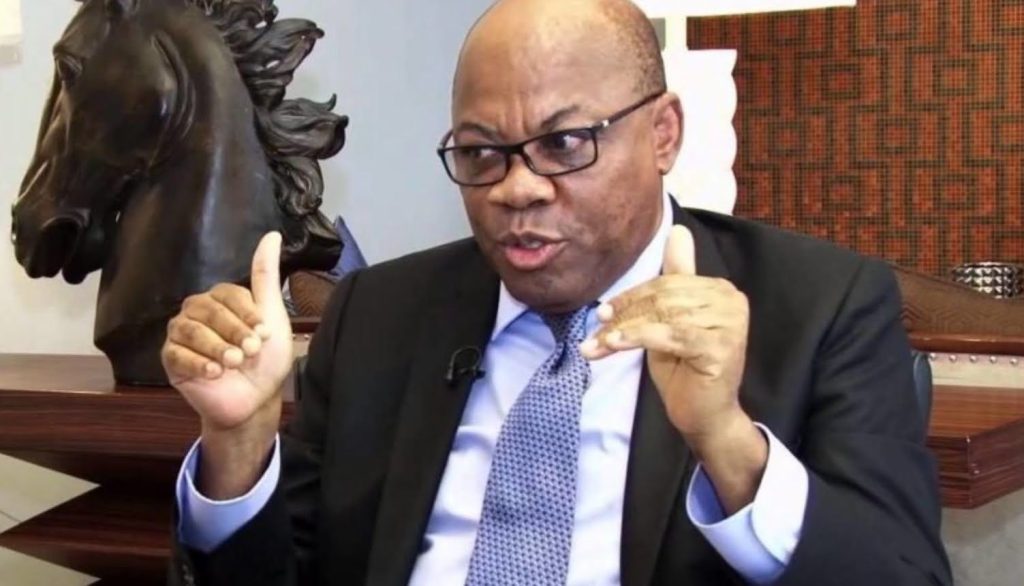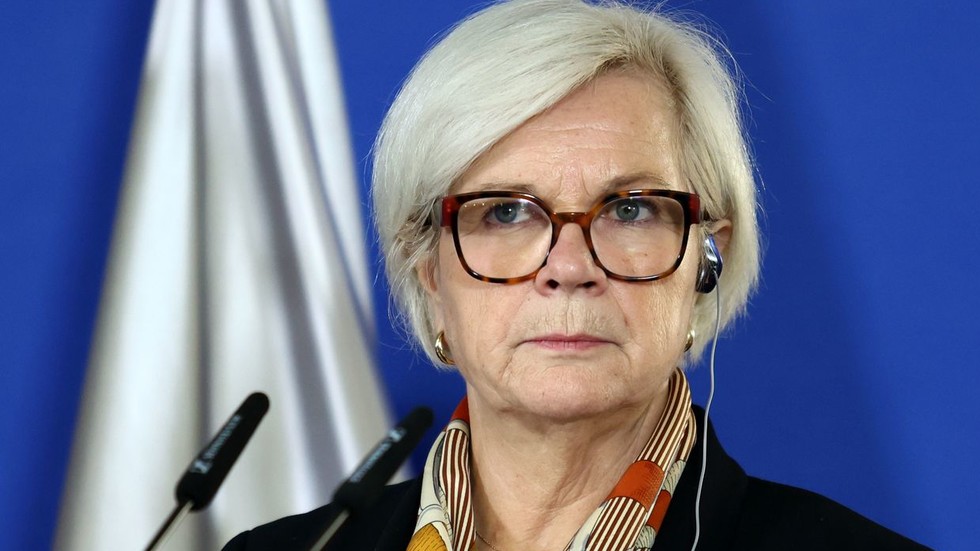In a recent statement, Governor Seyi Makinde of Oyo State expressed his concern regarding the alleged distractions caused by the former local government chairmen who were relieved of their duties in 2019. The governor accused the ousted chairmen of employing various tactics to divert his government’s attention.
The former council bosses, who were elected during the tenure of Governor Abiola Ajimobi in 2018, were removed from their positions by Governor Makinde in 2019. Following their dismissal, the former chairmen obtained a court ruling that directed the freezing of the state’s accounts in ten commercial banks, citing non-payment of their entitlements by the Makinde administration as the reason for their legal action.
Governor Makinde, in response to the situation, asserted that his administration would not yield to pressure to allocate state funds to what he deemed as the wrong beneficiaries until all legal avenues had been exhaustively explored. He emphasized that the former council bosses would not receive remuneration unless obliged to do so by the Supreme Court.
During his address, Governor Makinde recounted the constitutional basis for his decision, stating, “I took the decision solely because I felt we could not build a foundation on unconstitutionality. In 2007 and 2011, similar dissolution of local government chairmen occurred, and this administration is still honoring the entitlements of those affected during those periods.”
Furthermore, Governor Makinde highlighted the prolonged legal actions employed by the former chairmen, expressing his determination to adhere to the principles of the Constitution and the rule of law, despite the distractions caused by the situation.
“I will not pay the wrong people,” Governor Makinde affirmed. “I still held a meeting yesterday with the team. It is nothing to worry about. This is a government that is based on the Constitution.”
The governor’s unwavering stance and commitment to upholding constitutional principles amidst legal challenges from the former council bosses underscore the complexities and tensions inherent in the governance of Oyo State. This ongoing saga serves as a testament to the intricacies and legal intricacies involved in subnational governance, warranting close observation as it unfolds.
As the situation continues to evolve, Governor Makinde’s firm resolve in the face of legal battles underscores the intricate interplay between governance, the rule of law, and the demands of public office, setting the stage for a compelling and multifaceted narrative with far-reaching implications for governance and jurisprudence.



